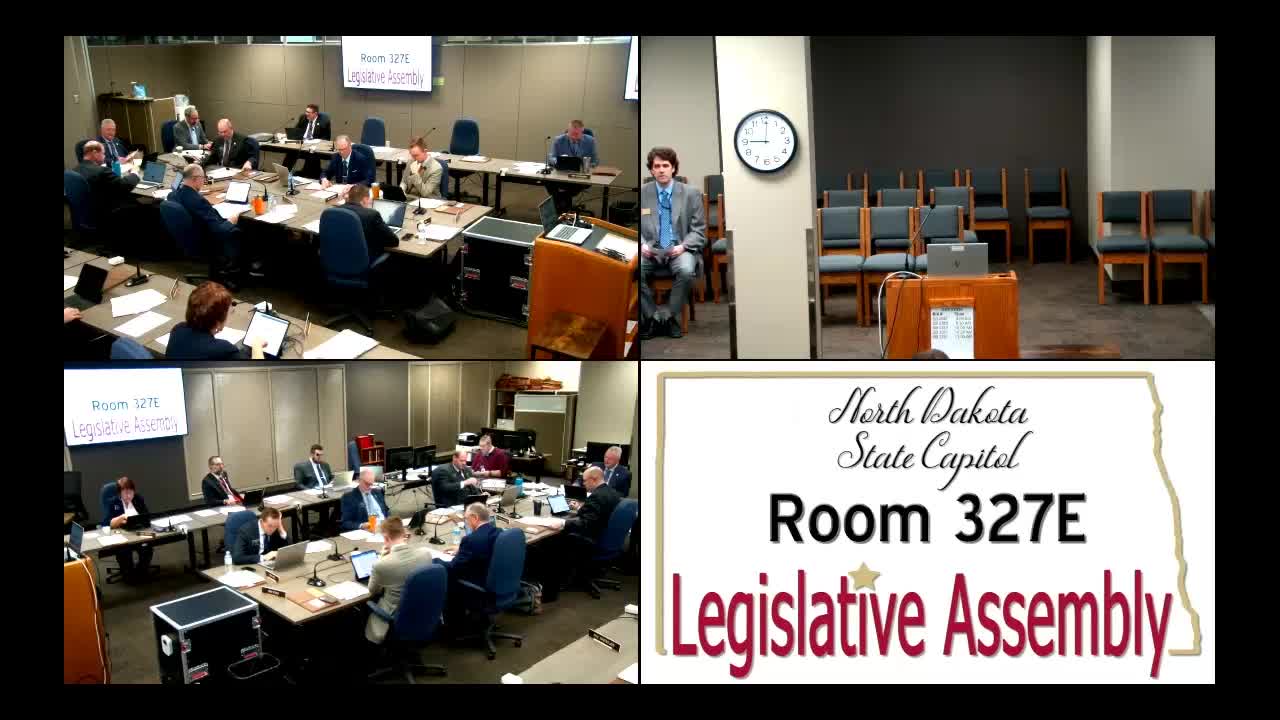Article not found
This article is no longer available. But don't worry—we've gathered other articles that discuss the same topic.
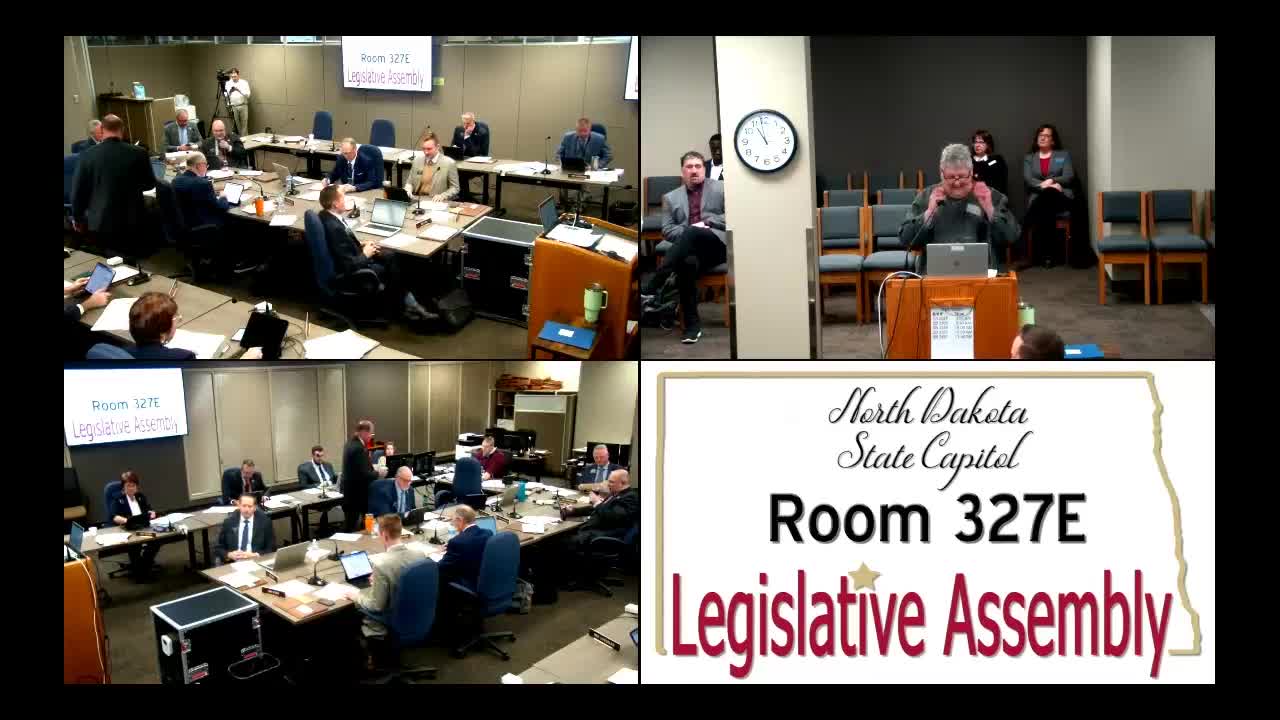
Committee hears divided testimony on proposal to raise cigarette tax and extend tax to vaping products
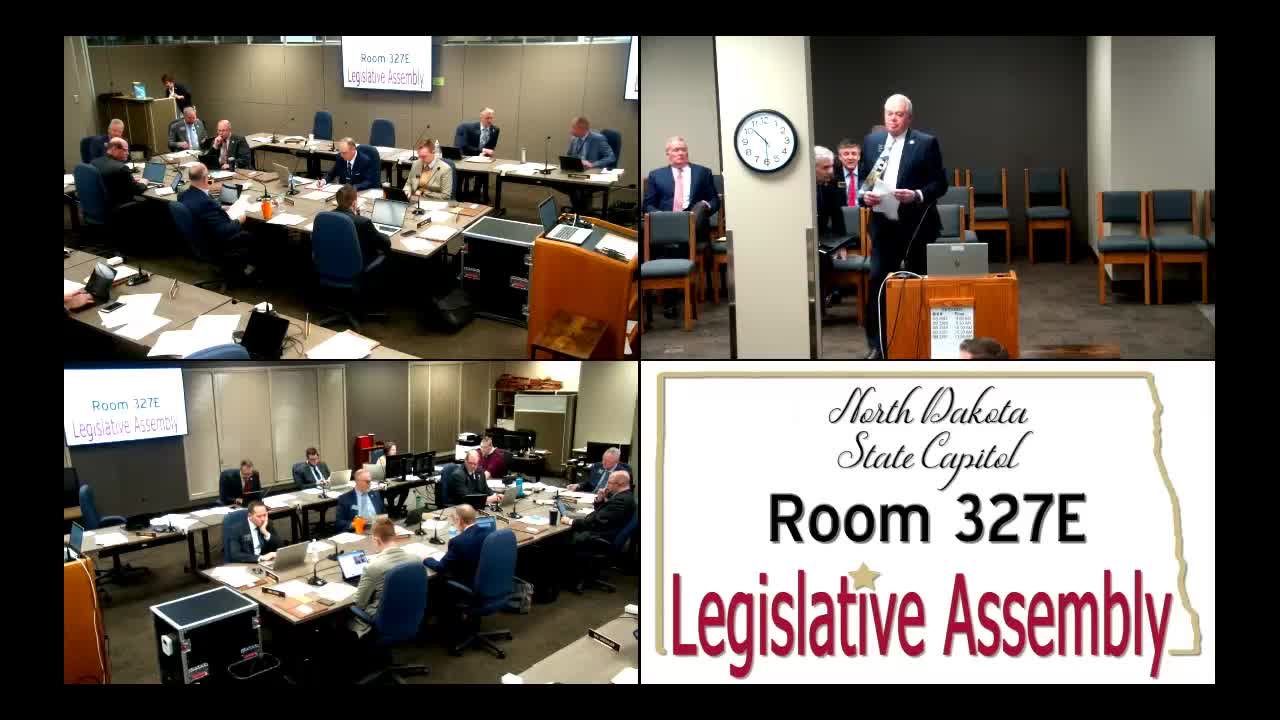
Sponsor seeks to narrow 'oil‑producing county' definition to channel funds to impacted rural roads
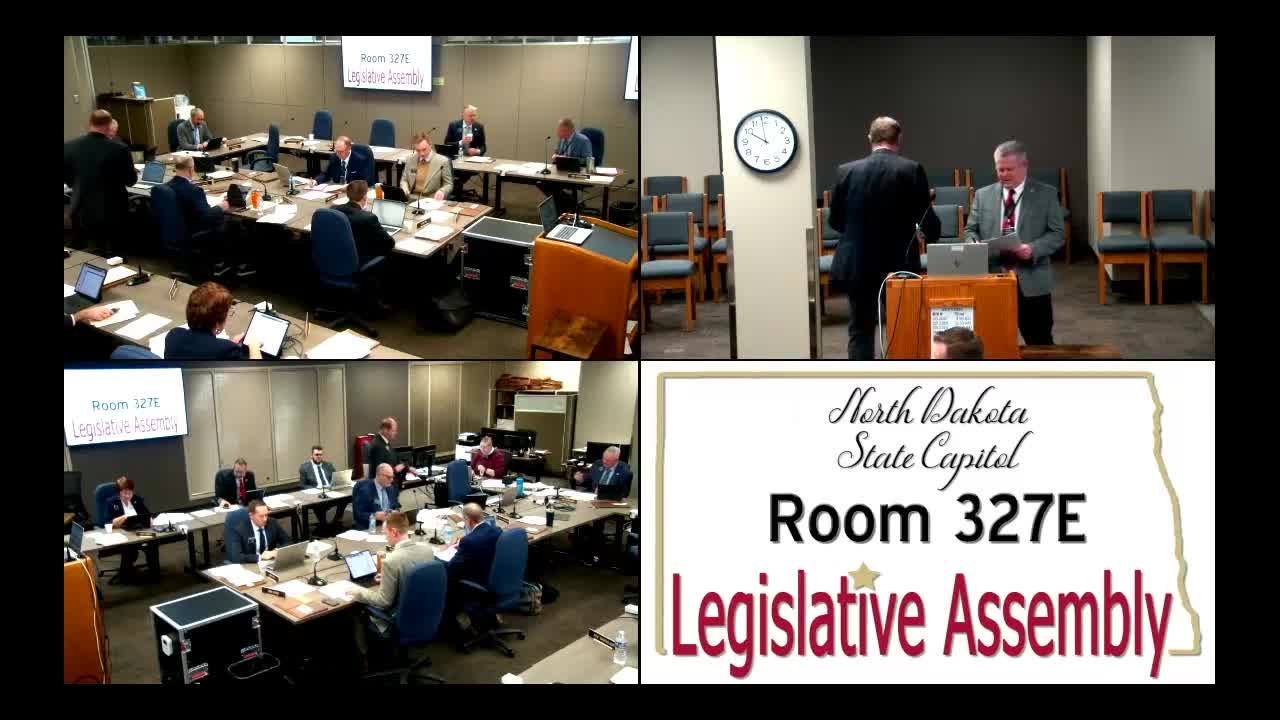
Committee advances bill to raise garnishment disclosure fee from $25 to $40
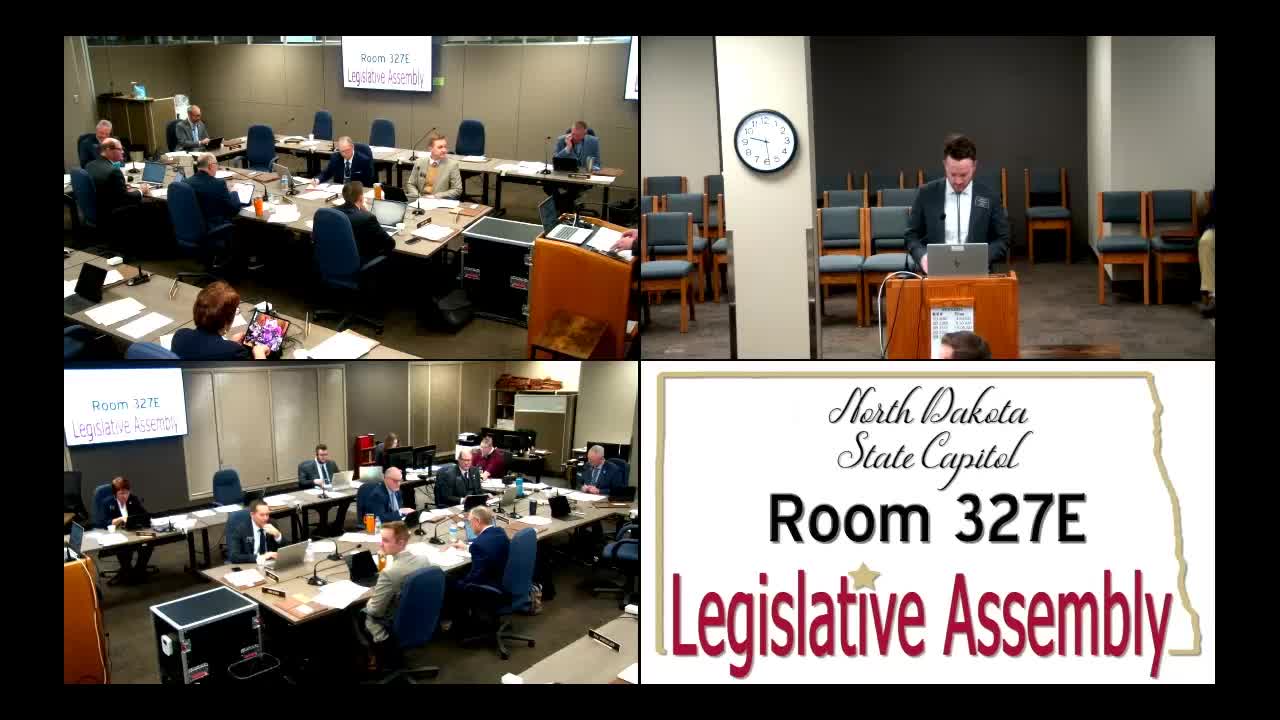
Bill would equalize sales‑tax treatment for nonprofit fundraisers in public and private venues
